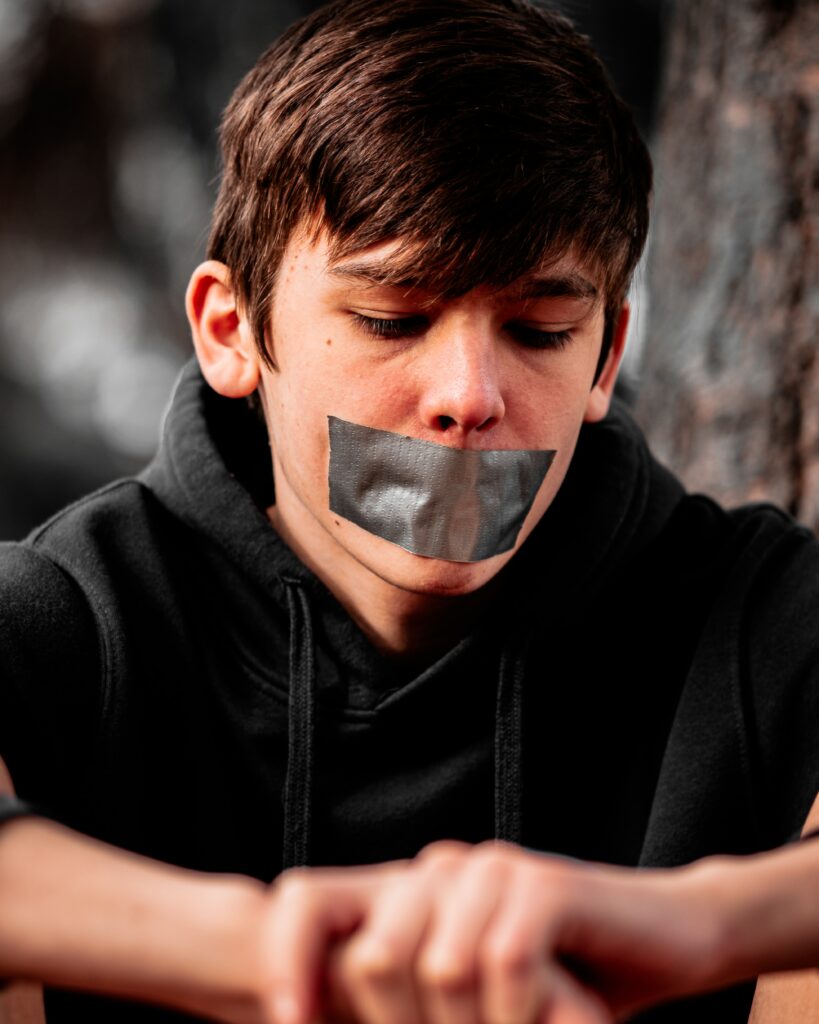A court rules a patent attorney engaged in inequitable conduct.
A client sues its trademark attorney for malpractice.
A state bar files ethics charges against a patent practitioner.
The police arrest a patent agent for domestic violence.
A litigator is sanctioned by the PTAB under Rule 11.18 for making a frivolous argument.
These are situations most IP legal professionals dare not wish to face. But if such a situation arises, the question often becomes whether the practitioner must self-report their actions or activities to the USPTO’s Office of Enrollment and Discipline (OED)? The answer may surprise even the most experienced of practitioners.
Two Self-Reporting Duties
The USPTO rules only require a patent or trademark practitioner to self-report their misconduct to OED in two situations.
First, if the practitioner is publicly disciplined on ethics grounds by “another jurisdiction,” such as a state or federal bar, then the practitioner may be subject to the USPTO’s rule on “reciprocal discipline.” Pursuant to 37 C.F.R. 11.24(a), a practitioner who is publicly censured, public reprimanded, ordered to serve probation, disbarred, or suspended by the disciplinary authority of another jurisdiction, must provide written notice to the OED Director within 30 days of being disciplined.
Since the duty only applies to “public” discipline, a practitioner who receives a “private” disciplinary order from another jurisdiction, such as a private reprimand, is not obligated to self-report the disciplinary order to the OED.
Notably, just being charged by a state or federal bar is not “discipline.” Charges of an ethics violation are just that–unproven allegations. Because charges or complaints are not discipline, there is no duty to self-report them to OED. Only if the “other jurisdiction” publicly disciplines a practitioner must the practitioner then report that discipline to the OED.
Second, if the practitioner is “convicted” of a “crime” in a federal, state, or foreign court, the practitioner may be subject to discipline for their criminal act. Pursuant to 37 C.F.R. 11.25(a), a practitioner convicted of a crime must provide written notice to the OED Director within 30 days of being convicted. Notably, the USPTO rules define “conviction” more broadly than its usual meaning. A “conviction” for purposes of the USPTO’s disciplinary rules includes both verdicts or final judgments of guilt as well as “any confession to a crime”; “any entered plea, including nolo contendere or Alford pleas”; and the “receipt of deferred adjudication (whether judgment or sentence has been entered or not) for an accused or pled crime.” See 37 C.F.R. 11.1
Turning to the five situations identified at the beginning, none constitutes “discipline” or “conviction.” Therefore, none triggers a duty to self-report to OED. In fact, you can: (1) have a court rule you committed inequitable conduct, (2) get sued for legal malpractice, (3) have an ethics complaint filed against you, (4) get hit with Rule 11 sanctions, and (5) get arrested, all on the same day, and STILL you would not be legally obligated to report yourself to the OED.
That does not mean the OED will not investigate such matters. But first, they must learn about it. If OED eventually finds out, then the practitioner is in no worse shape since OED will simply open an investigation. But what if OED never finds out? The OED is not infallible and despite its extraordinary resources (including around 20 “investigating” attorneys), it can only investigate what it knows. If the OED Director never learns of the conduct, the practitioner will certainly not be complaining.
Some practitioners who self-report when they have no affirmative obligation do so expecting their candor will be rewarded as a mitigating factor. Do not be fooled! I have represented practitioners who self-reported matters when they had no obligation to do so. They suffered through a miserable investigation followed up by an equally miserable disciplinary case. And at the end of the day, no one at OED could care less that the genesis of the investigation was a voluntary self-report. Thanks for nothing.
On the other hand, if the practitioner did not self-report, there was at least a chance OED might have never learned of the underlying misconduct on its own.
Bottom line: one should think long and hard before voluntarily reporting their own misconduct to OED. In the absence of an affirmative obligation to self-report, a practitioner should consider exercising their right to remain silent.
